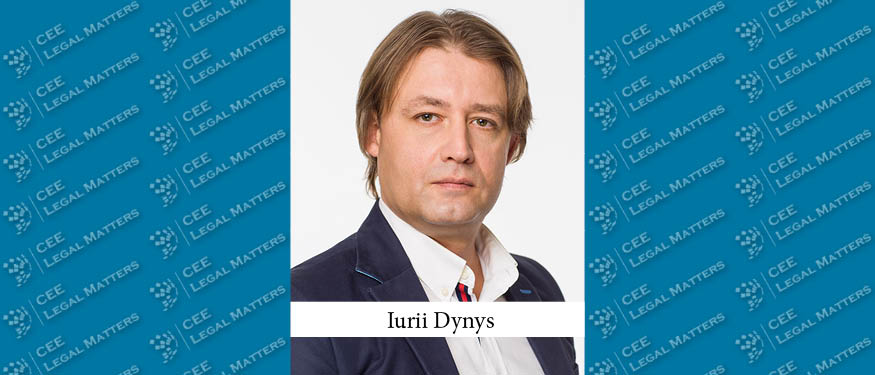“Everyone may merge with everyone; everyone may absorb everyone; everyone may divide into everyone; everyone may benefit from everyone; everyone may convert to everyone.” This phrase, included in the Explanatory Memorandum of Greek Law 4601/2019 (Law), sums up the rationale of the Greek lawmakers with respect to the legal framework on corporate transformations currently in force.
The purpose of the Law, which became effective as of April 15, 2019, was to provide a modern, sufficient, and solid legal framework in relation to corporate law-governed acts involving entities having their registered seat in Greece, by virtue of which the form of such entities is changed without going through liquidation procedures or separate asset transfers by way of special succession. These acts are defined as corporate transformations and are divided into mergers, demergers (common demergers, partial demergers, and spin-offs), and conversions.
In a nutshell, the main innovations of the Law were the following:
(A) The numerus clausus of corporate transformations is abolished and, in principle, corporate transformations may be effected between legal entities without regard to their corporate form.
(B) The facilitation of corporate transformations through common procedural steps in all types of transformations, irrespective of the type of entities involved (subject, of course, to certain deviations and special provisions based on the particularities of each type of entity).
(C) Partial demergers and spin-offs are introduced, for the first time, within the framework of Greek corporate law – the demerged entity transfers one (or more) branch/unit of its activity to a benefiting legal entity (or more benefiting legal entities) either existing or established by virtue of the transformation in exchange for shareholding participation granted to the shareholders of the demerged entity or directly the spun-off entity.
(D) Ambiguities of the former framework were lifted: The Law establishes the doctrine of universal succession (katholiki diadohi under Greek law) in terms of the results of all restructurings under this Law, and any controversies in relation to this issue have finally been resolved. More specifically, by virtue of the universal succession, all rights, liabilities, and legal relations of the transformed entity are automatically transferred to the beneficiary legal entity (including licenses and pending trials), which substitutes as the universal successor in all the property (assets and liabilities) and relationships transferred to it and without, in principle, any formalities or procedures. In partial demergers and spin-offs, universal succession applies solely to the relationships concerning the transferred branch of activity and not the entirety of the rights and obligations of the transferor.
Overall, the purpose of the Law has been achieved and the Greek corporate framework is modernized and aligned with European legislation. Applicable provisions for corporate transformations ceased to be fragmented and scattered along legislation of other legal fields, mainly tax-related, and are now consolidated into a single legislation, thus gaps and conflicting matters of past practices are mostly eliminated, and abusive transformations are satisfactorily confronted.
Today, already more than three years following the implementation of the Law, transformations are blooming. The majority of law practitioners agree that the only major setback thereof is that the corporate framework is not accompanied by corresponding tax provisions. Prior tax incentive legislation, mainly included in the Greek Laws 1297/1975, 2166/1993, and 4172/2013, continue to be in force and effect, while the recently issued tax Law 4935/2022 only partially addresses the issue as it applies to small and medium enterprises (SMEs). The tax regime currently in force appears to be inadequate as it does not address all corporate transformations and its provisions need to be reassessed in order to be explicit and consistent with the Law.
As already mentioned in the Explanatory Memorandum of the Law, Greek lawmakers are incentivized to proceed with the reformation of tax legislation as well so as to achieve a fully coherent and sound regulatory framework applicable to corporate transformations. The highly anticipated tax reformation and relevant legislation will most likely be published as soon as the Greek parliamentary elections, which are expected to take place by the end of June 2023, are completed.
By Evi Tsilou, Partner, and Anna Pavlaki, Senior Associate, Papapolitis & Papapolitis Law Firm
This article was originally published in Issue 10.6 of the CEE Legal Matters Magazine. If you would like to receive a hard copy of the magazine, you can subscribe here.

















